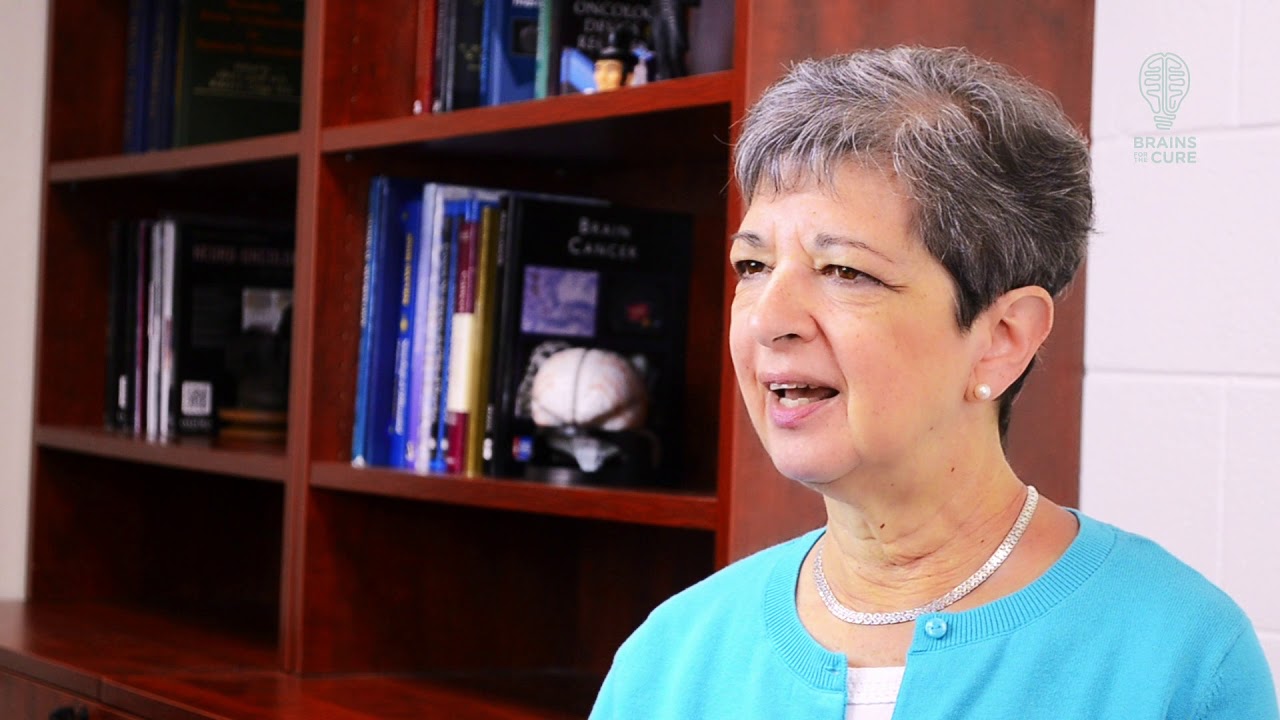
Telling Your Close Friends and Family
Receiving a brain tumor diagnosis is a difficult moment for you or your loved one.
April 11, 2024

Receiving a brain tumor diagnosis is a difficult moment for you or your loved one.
April 11, 2024
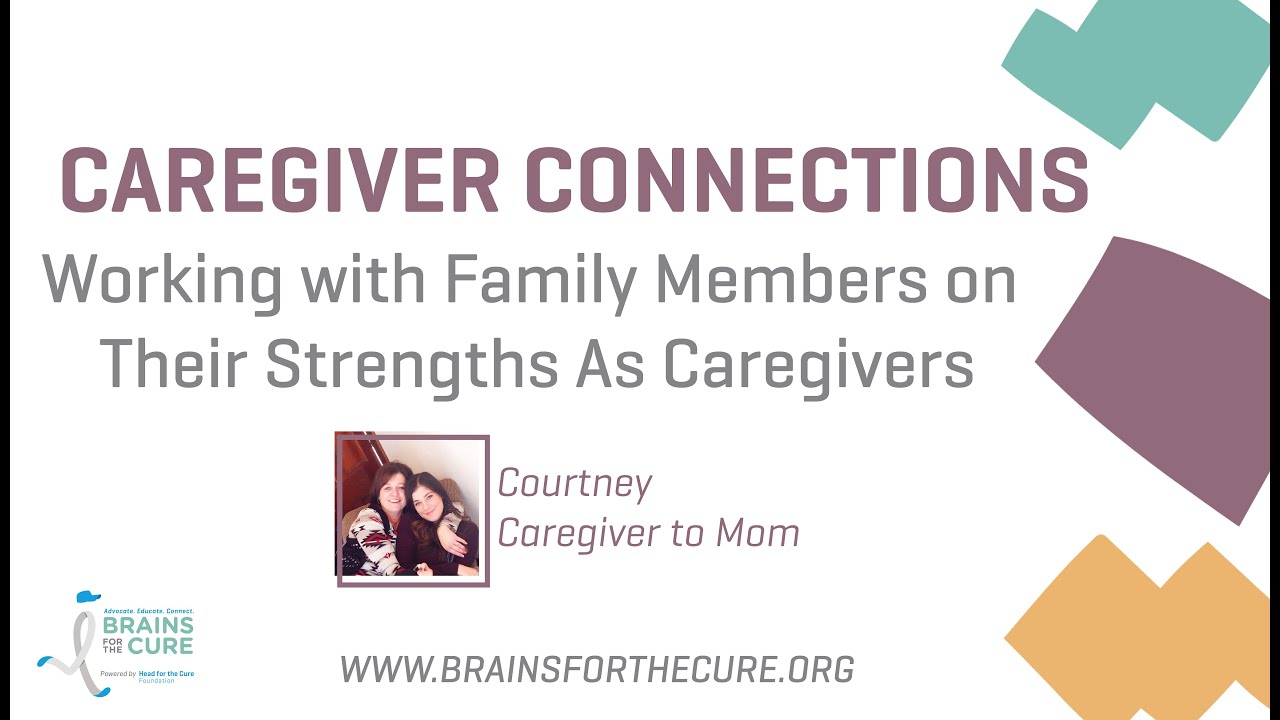
Caring for a loved one with a brain tumor is a deeply rewarding yet challenging role that requires caregivers to balance a multitude of responsibilities. From providing physical care and emotional support to managing household tasks and navigating medical appointments, caregivers often find themselves juggling numerous obligations. In this article, we explore practical strategies for caregivers to maintain balance and prioritize their well-being while caring for a brain tumor patient.Understanding Caregiving Obligations:Physical Care:Caregivers may be responsible for assisting with activities of daily living, such as bathing, dressing, and feeding.Administering medications, managing symptoms, and monitoring vital signs are also common tasks.
April 11, 2024
Healthy communication between a caregiver and a brain tumor patient is essential for providing effective care, fostering mutual understanding, and maintaining emotional well-being. Here are some tips for promoting healthy communication and topics to discuss:Tips for Healthy Communication:Active Listening: Practice active listening by giving the patient your full attention, maintaining eye contact, and acknowledging their feelings and concerns.Empathy and Validation: Show empathy by recognizing and validating the patient’s emotions and experiences. Avoid dismissing or minimizing their feelings.Openness and Honesty: Be open and honest in your communication, but also sensitive to the patient’s emotional state.
April 11, 2024
When a loved one gets a brain tumor diagnosis, someone must step into the crucial role of caregiver. This is a brave step to take, full of its own stresses and challenges, in addition to sharing in much of the stress that the patient is under. And while caregivers are understandably focused on putting the health and well-being of their loved one first, they’re often not prepared for just how hard their own road will be.
April 11, 2024
Facing a diagnosis of brain cancer can be an overwhelming and challenging experience, not only for the patient but also for their caregivers. Throughout this journey, effective communication between the patient and caregiver is paramount for understanding treatment options, managing symptoms, and maintaining overall well-being. In this article, we’ll explore some crucial topics that patients should discuss with their caregivers to ensure a smoother and more informed brain cancer journey.Understanding the Diagnosis Clarify the type and stage of brain cancer:
April 11, 2024
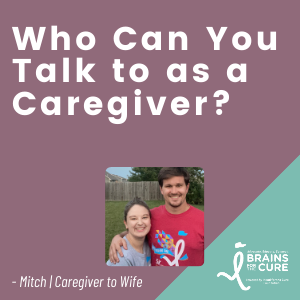
Mitch’s wife, Allie, was diagnosed with a grade III anaplastic ependymoma brain tumor in 2016. He, along with Allie’s parents, fill the role of being her caregivers. As a caregiver, your focus is typically on …
February 22, 2021
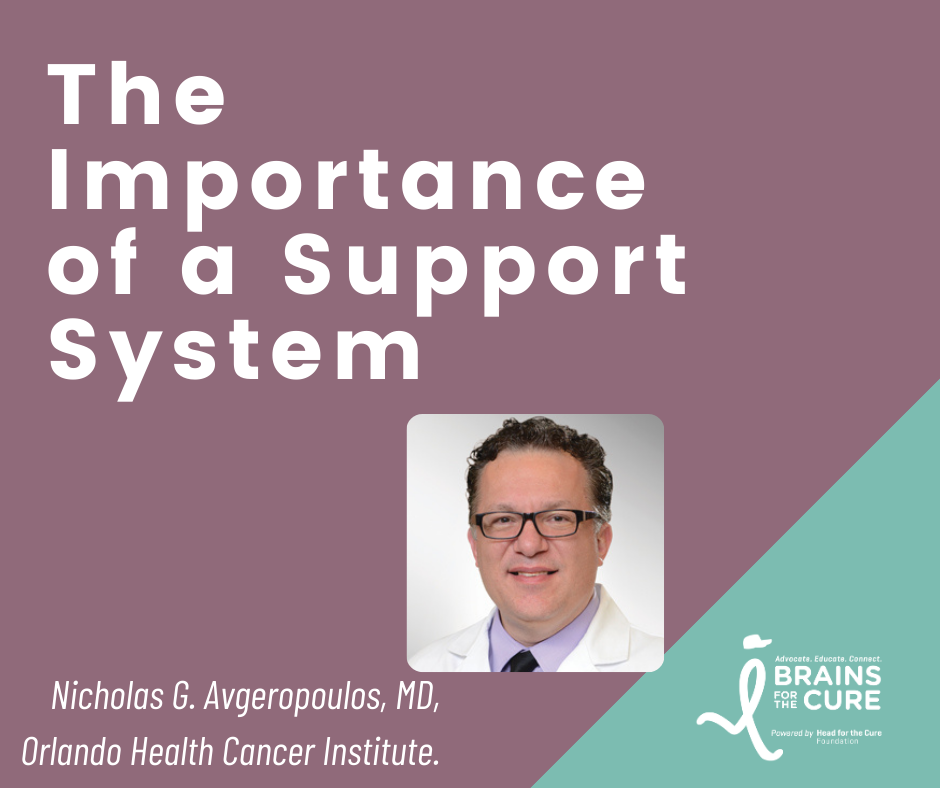
When treating a patient, no matter their diagnosis, a doctor learns about the patient, but also their family and friends. Dr. Nick Avgeropoulos wants to know the answers to many questions, so that he feels …
February 5, 2021
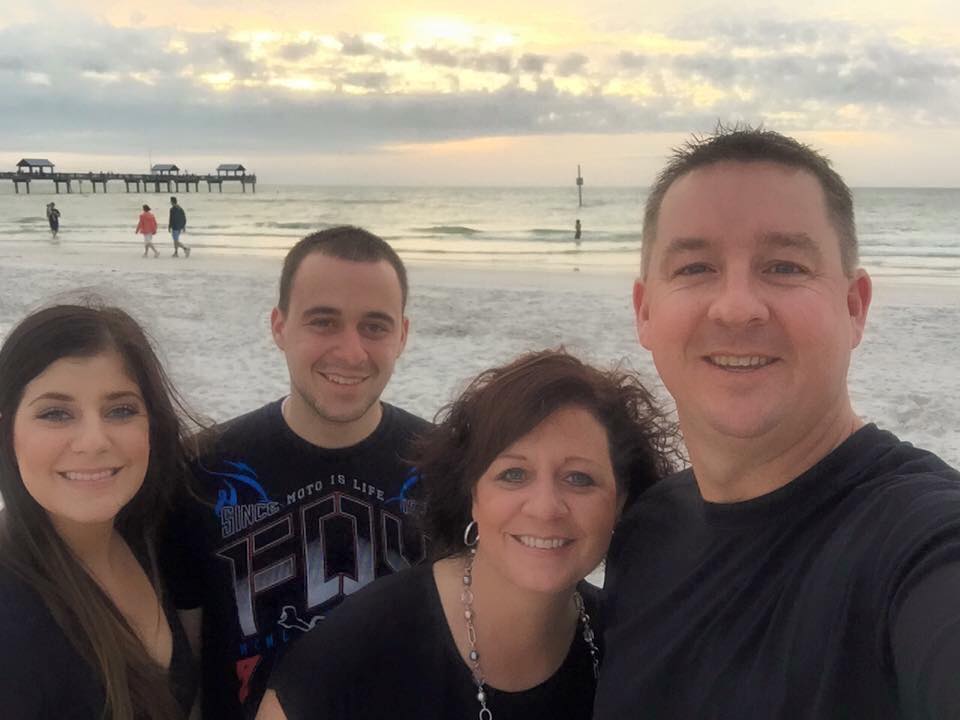
Written by: Courtney Benisch | Sr. Manager of Programs & Partnerships for Head for the Cure Being a caregiver for a loved one means you are by their side ready to do anything and everything at …
December 28, 2020
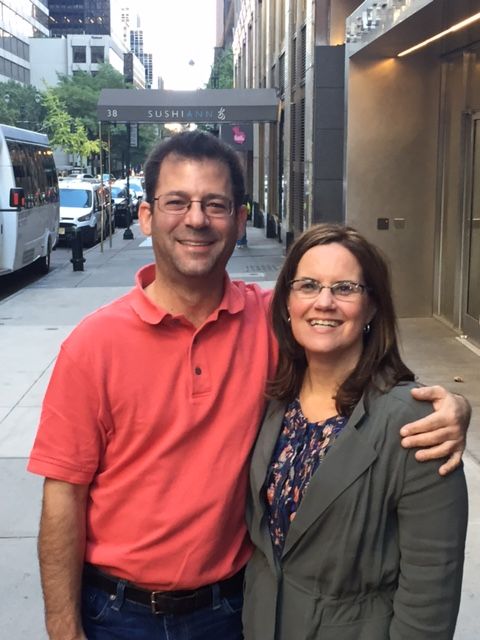
Written by Lisa L., Caregiver to husband I was thrown into the role of caregiver when my husband, Jon, was diagnosed with a glioblastoma. I took on the responsibilities whole-heartedly because had the situation been …
November 30, 2020